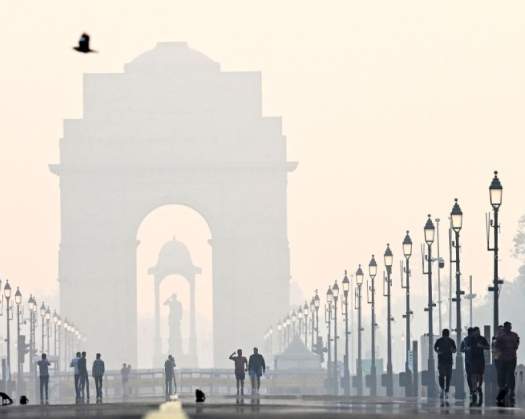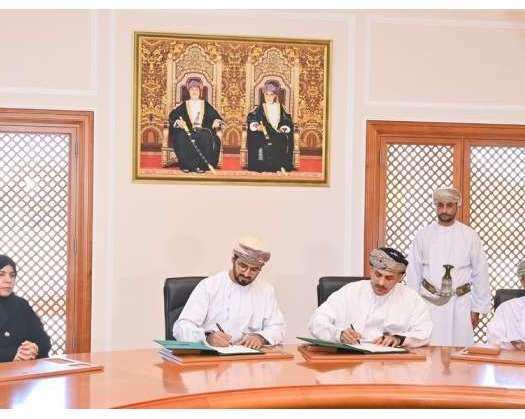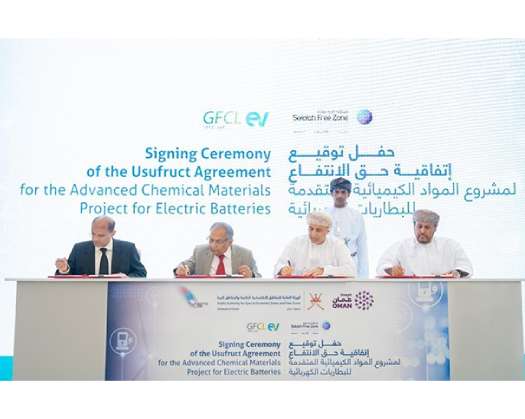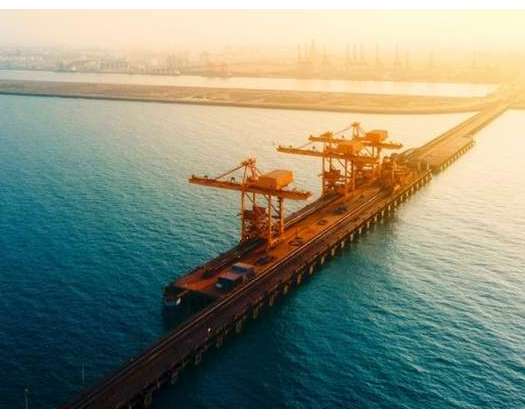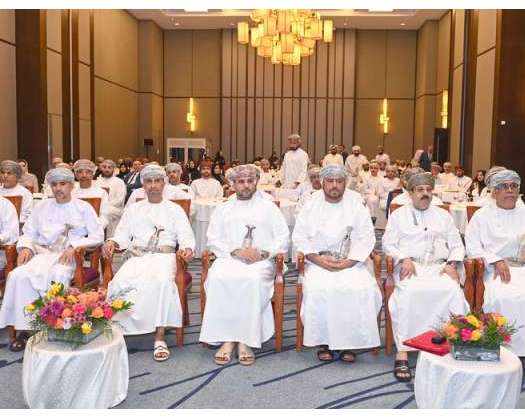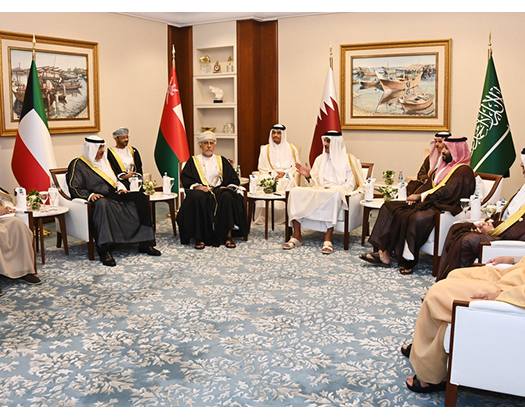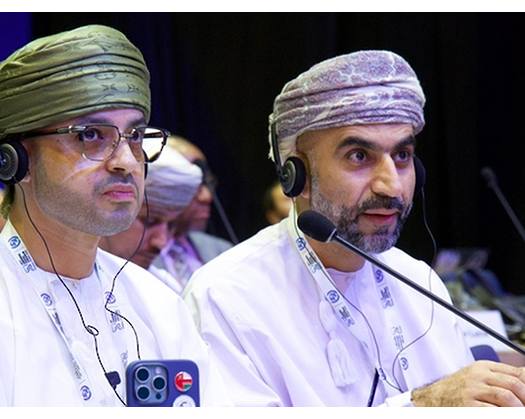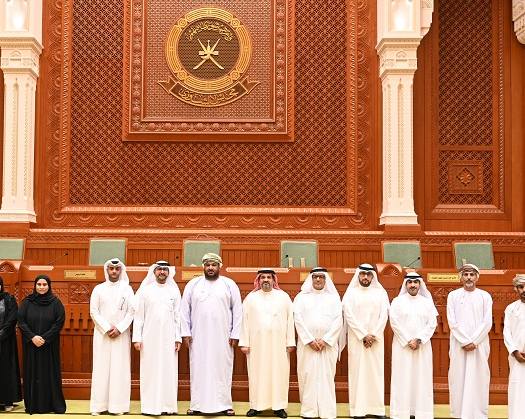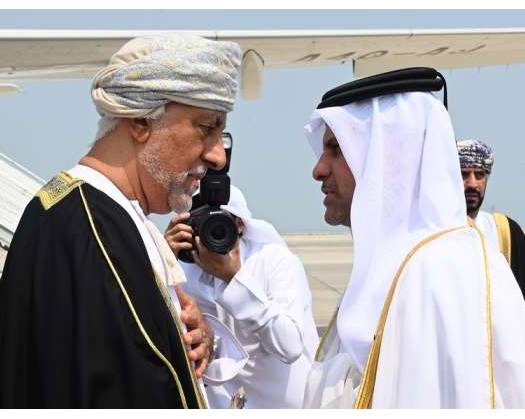New Delhi, the capital of India, was enveloped in a toxic haze of smog on Friday, with air pollution intensifying following the widespread disregard for a fireworks ban during the Hindu festival of lights, Diwali.
The city, home to over 30 million inhabitants, consistently ranks among the most polluted urban areas globally. Each year, it is shrouded in a noxious smog that is primarily attributed to stubble burning by agricultural farmers in the surrounding regions to prepare their fields for cultivation, alongside emissions from factories and vehicular traffic. The air quality deteriorated further that night, exacerbated by a night of loud celebrations marked by the detonation of firecrackers, despite a ban on their sale and use by city authorities just a month prior.
- 'Inadequate response' - Despite seizing nearly two tonnes of fireworks prior to Diwali, the city police were unable to prevent their availability for sale in neighboring states.
Many residents opted to celebrate Diwali in the comfort of their homes, engaging in family meals and lighting small candles in honor of the Hindu goddess Lakshmi, symbolizing the triumph of light over darkness. Others participated in the festivities by launching firework rockets and setting off loud crackers, contributing to the cacophony that reverberated through the densely populated city throughout the night.
Law enforcement officials often hesitate to enforce regulations against those who violate the fireworks ban, due to the deep-seated religious significance of these fireworks among Hindu devotees. Complicating matters further, disputes between politicians from neighboring states, as well as conflicts between federal and state authorities, have only served to exacerbate the issue. In a recent development, the Supreme Court of India has declared that access to clean air is a fundamental human right, compelling both the central government and state authorities to take immediate action.
"Delhi's air pollution is a silent killer, gradually eroding our health with its smog," The Times of India editorialized last week, as the winter pollution season returned. "It is a recurring issue, yet the response from authorities remains lackluster."
- 'Insufficient measures' - The concentration of fine particulate matter, or PM2.5 pollutants, which pose a significant risk by entering the bloodstream through the lungs, surged to over 23 times the World Health Organization's recommended daily maximum. Shortly after dawn, the levels of pollutants reached 345 micrograms per cubic meter, as reported by monitoring firm IQAir, categorizing the air quality in the sprawling metropolis as "hazardous." It was ranked as the most polluted city in the world, just above Lahore in Pakistan, which is notorious for its dense smog.
The government of New Delhi has previously attempted to mitigate pollution by implementing measures such as restricting vehicle traffic, including a scheme that limited the use of cars with either odd or even number license plates to alternate days. Authorities have also introduced seasonal restrictions on construction activities and on the use of diesel-powered vehicles within the city. "The severity of the issue demands more than incremental changes," The Indian Express opined, criticizing what it described as a "regrettable lack of determination from both the central and state governments."

